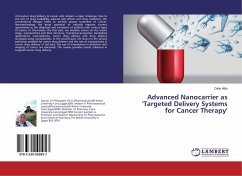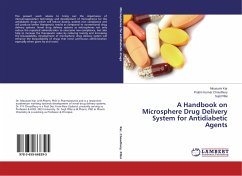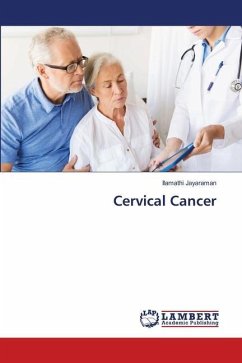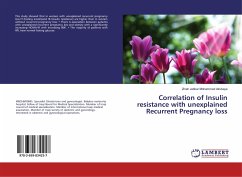Anti-cancer drug delivery to cancer cells remains a major challenge. Due to the lack of drug availability, adverse side effects and drug resistance, the conventional therapy failed to achieve proper treatment of cancer. Nanotechnology has great potential to radically improve current approaches to the diagnosis and treatment of patients with various types of cancer. In this review, the first part, we examine cancer on the world stage, nanoparticles and their structure, functional properties, biomedical applications, nanomedicine, cancer drug delivery and drug delivery strategies using nanoparticles. In the second part, we focus on the various pathways available for cancer drug delivery and the role of nanoparticles in cancer drug delivery. In last part, the use of nanodevices in detection and imaging of cancer are discussed. The review provides recent advances in targeted cancer drug delivery.
Bitte wählen Sie Ihr Anliegen aus.
Rechnungen
Retourenschein anfordern
Bestellstatus
Storno








